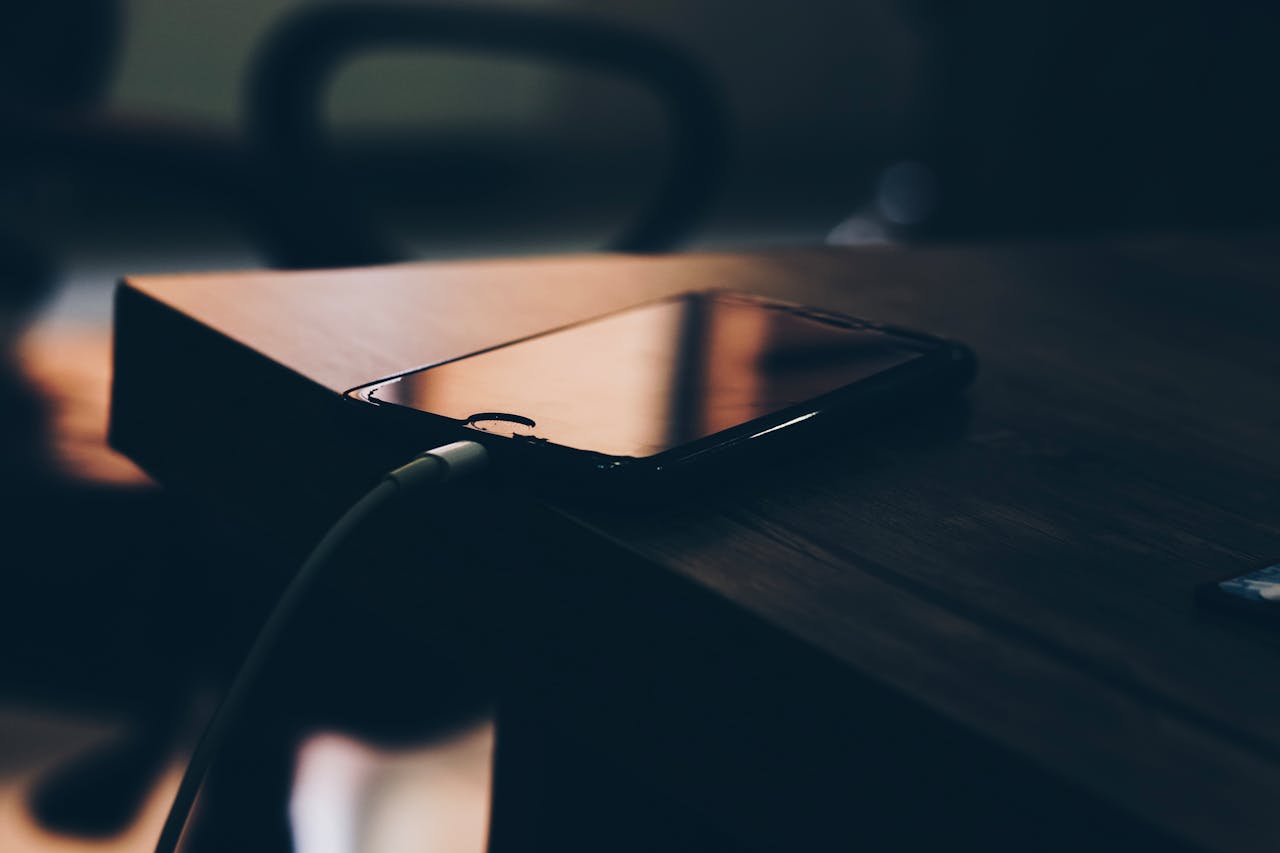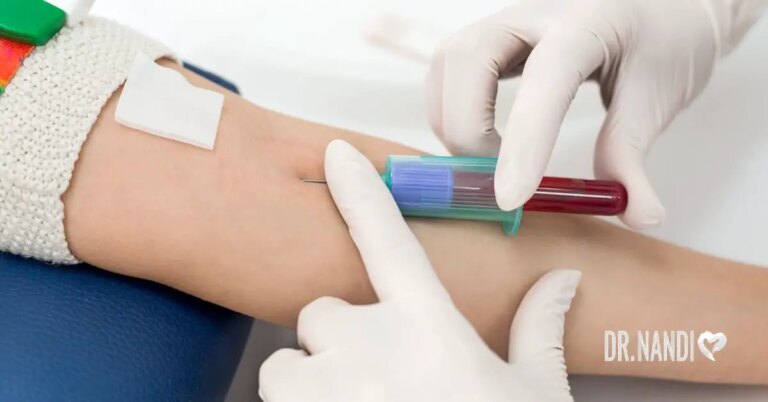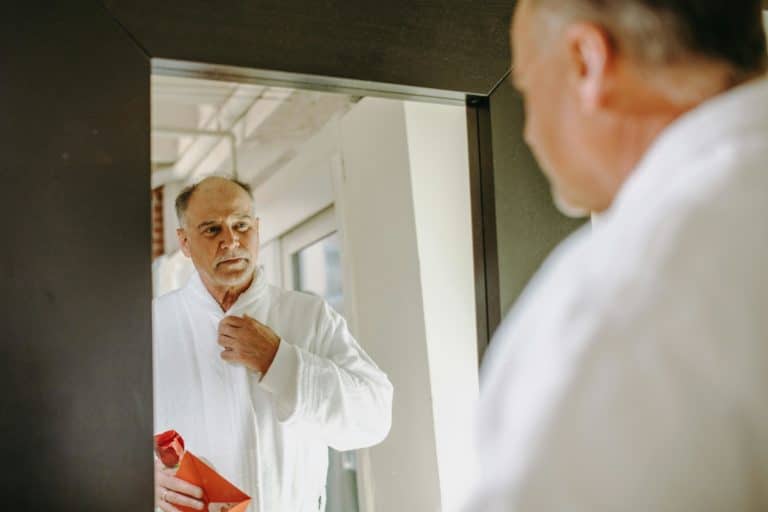In the digital age, the routine of charging our smartphones overnight might seem innocuous, yet it poses hidden risks that could impact our safety and the longevity of our devices. This concern has led to a broader discussion about safe charging practices, a topic that touches not only on device care but also on personal health and environmental responsibility. As we delve into the nuances of this subject, it becomes clear that the way we power up our devices is as crucial as how we use them.
The Risks of Sleeping with Your Smartphone
As smartphones have evolved into essential tools in our daily lives, their omnipresence, even during nighttime, raises concerns about their impact on our health and sleep quality. Here are several potential risks associated with sleeping next to your smartphone.
1. Disruption of Sleep Patterns
The compulsion to check notifications, respond to messages, or scroll through social media can significantly delay bedtime. This often leads to reduced sleep time and can contribute to sleep deprivation. The need to stay connected or the habit of a ‘final check’ before sleep can push back sleep schedules, making it difficult to get the necessary rest.
2. Impact of Blue Light
Smartphones emit blue light, which can interfere with the production of the sleep hormone melatonin. Exposure to this light, especially during the evening hours, can delay the circadian rhythm, making it harder to fall asleep and potentially exacerbating conditions like insomnia, especially in individuals who are naturally night owls.
3. Sleep Interruptions
Notifications such as calls, texts, or app alerts can disrupt sleep if the phone is not set to silent or do not disturb modes. These interruptions can fragment sleep patterns and reduce sleep quality.
Even vibrations or the light from the screen can be enough to wake you from a light sleep phase, which may lead to grogginess and impaired cognitive function the next day.
4. Psychological Effects
Having a smartphone within easy reach can lead to stress and anxiety. For instance, reading stressful news or engaging in social media debates right before bed or during night wakings can trigger emotional arousal, making it difficult to return to sleep. The anticipation of receiving messages or the anxiety of missing out (FOMO) can also lead to restless sleep.
5. Electromagnetic Radiation Concerns
Although the health risks related to exposure to electromagnetic fields from mobile phones are still a subject of ongoing research, some studies have raised concerns about the potential long-term effects, such as an increased risk of brain tumors or effects on fertility.
Keeping phones away from the bedroom can be a precautionary measure to minimize exposure to these fields, especially during the prolonged duration of sleep.

Do You Charge Your Phone Overnight? Apple Warns of the Risks
The convenience of waking up to a fully charged phone is undeniable, but the practice of overnight charging, especially under hazardous conditions, can pose serious risks. Apple’s cautionary user warning on safe charging highlights the potential dangers that can arise when devices are left plugged in for extended periods. These dangers include overheating, battery degradation, and in extreme cases, fire hazards. Charging your device in environments where heat cannot dissipate—such as under pillows or in cluttered spaces—increases these risks dramatically.
Overheating during charging is not just about external heat sources; it also concerns the natural heat generated by the battery as it charges. This heat needs a clear path to escape, which is obstructed when a phone is buried under bedding or left in poorly ventilated areas. Over time, such excessive heat exposure can impair battery performance and reduce its overall lifespan, leading to more frequent charges and, ironically, greater inconvenience.
Apple’s warning serves as a critical reminder to reconsider our charging habits. By simply adjusting where and how we charge our smartphones, we can significantly decrease the likelihood of these risks turning into real problems. This proactive approach to safe charging not only extends the life of our devices but also enhances our safety, ensuring that our reliance on technology does not come at a cost to our well-being or our homes.
Developing Good Sleep Hygiene Without Your Phone
Creating a sleep-friendly environment and routine without relying on your smartphone is crucial for both improving sleep quality and overall health. Here are some practical tips to help you develop good sleep hygiene and resist the temptation to use your phone in bed:
- Establish a Relaxing Bedtime Routine: Develop a pre-sleep routine that helps signal to your body that it’s time to wind down. This could include activities such as reading a book, taking a warm bath, meditating, or practicing relaxation exercises. These activities can effectively replace the habit of using a phone and help transition your mind and body into sleep mode.
- Create a Tech-Free Bedroom Environment: Make your bedroom a phone-free zone. If possible, charge your phone in another room. If you need your phone nearby for emergencies, consider placing it across the room with the screen down to discourage usage and reduce light disturbance. Invest in a traditional alarm clock to avoid using your phone’s alarm feature.
- Limit Screen Time Before Bed: Try to avoid screens at least an hour before bed. The blue light emitted by phones, tablets, and computers can interfere with melatonin production and disrupt your sleep cycle. If you must use these devices, consider settings that reduce blue light exposure or use apps that filter the blue hue.
- Manage Notifications: Disable notifications after a certain time so you won’t be tempted to check your phone. Many smartphones have features like “Do Not Disturb” or “Focus” modes that allow you to customize which contacts and apps can reach you during specific hours.
- Practice Mindfulness and Meditation: Engage in mindfulness or meditation practices to manage any anxiety or compulsive thoughts that might urge you to reach for your phone. Techniques like deep breathing, progressive muscle relaxation, or guided imagery can help calm the mind and are excellent alternatives to screen time.
- Keep a Regular Sleep Schedule: Stick to a consistent sleep schedule. Go to bed and wake up at the same time every day, even on weekends. This regularity helps to regulate your body’s internal clock and can help you fall asleep and wake up more naturally.
- Be Active During the Day: Ensure you get regular physical activity during the day. Exercise can help you fall asleep faster and enjoy deeper sleep. However, try not to exercise too close to bedtime as it might have the opposite effect.
- Be Conscious of Your Diet: Watch what you eat and drink before bed. Avoid heavy or large meals, caffeine, and alcohol before bedtime, as they can disrupt sleep.
- Address Sleep Issues: If you continue to struggle with sleep, even after implementing these strategies, consider seeking advice from a healthcare provider. Persistent sleep difficulties may be a sign of sleep disorders that require professional treatment.
By gradually incorporating these practices into your daily routine, you can improve your sleep hygiene and enjoy a more restful night without relying on your smartphone. These changes not only contribute to better sleep but also enhance overall health and well-being.

Embracing Digital Detox
A “technology detox” — consciously reducing or eliminating the use of digital devices like smartphones, computers, and tablets for a period — can offer significant benefits for mental and physical health. In today’s digital age, constant connectivity can lead to information overload, stress, and distraction. Taking a break from digital devices helps reduce the stress associated with continual notifications and the pressure to be always available. It allows the mind to reset and recharge, reducing feelings of anxiety and improving overall mood.
Moreover, a tech detox can improve interpersonal relationships and enhance real-world interactions. Without the constant presence of a screen, individuals are more likely to engage in meaningful conversations and connect more deeply with others. This can strengthen relationships and improve communication skills, which are often hindered by habitual device usage.
Physically, stepping away from screens can also lead to better health outcomes. Prolonged use of digital devices often contributes to poor posture, eyestrain, and disruption of sleep patterns. A detox period encourages more physical activity and better sleep habits, leading to improved energy levels and lower risk of certain chronic ailments associated with sedentary lifestyles. Ultimately, periodic technology detoxes can promote a healthier, more balanced lifestyle, enhancing both physical well-being and mental clarity.
My Personal RX on Enhancing Restful Nights
As a doctor, I understand the profound impact that good sleep hygiene can have on overall health—from mental clarity and emotional balance to physical vitality. The way we prepare for sleep, especially in our high-tech world, can significantly influence our sleep quality and, by extension, our overall health. Here are some tailored tips that incorporate practical advice along with some beneficial products that can enhance your sleep experience:
- Establish a Regular Sleep Schedule: Consistency is key for your body’s internal clock. Aim to go to bed and wake up at the same time every day, even on weekends.
- Optimize Your Sleep Environment: Ensure your bedroom is quiet, dark, and cool. Consider blackout curtains, eye masks, or white noise machines to create an ideal sleeping environment.
- Incorporate Sleep Max into Your Routine: For those struggling to unwind, Sleep Max offers a comprehensive blend of natural ingredients that support sleep-regulating neurotransmitters, enhancing the quality of your rest.
- Limit Exposure to Blue Light: Avoid screens at least one hour before bedtime. The blue light emitted can disrupt your natural sleep cycle.
- Follow a Sleep Guide: If you find yourself struggling with sleep, the Sleep Guide provides a step-by-step approach to cultivating restorative sleep habits. It’s a valuable tool for anyone looking to improve their sleep quality.
- Engage in Relaxing Activities Before Bed: Activities like reading, taking a warm bath, or meditation can help signal to your body that it’s time to wind down.
- Avoid Stimulants: Keep caffeine and other stimulants to a minimum, especially in the hours leading up to bedtime.
- Evaluate Your Mattress and Pillows: Ensure your mattress and pillows are comfortable and supportive. The right bedding can make a significant difference in your sleep quality.
By integrating these tips into your daily routine, you can enhance your sleep hygiene and enjoy the numerous health benefits that come with restful sleep. Remember, small changes can make a significant impact on your overall well-being.





















